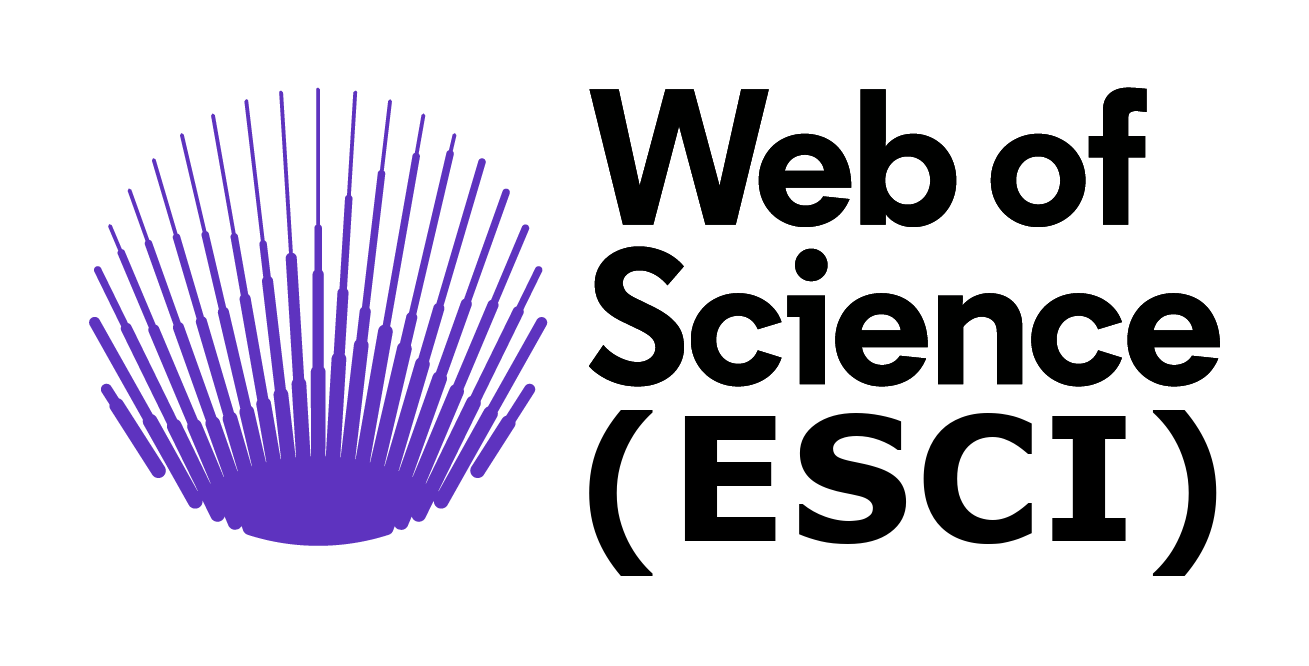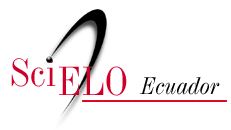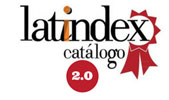Vegetal waste degradation by microbial strains inoculation
DOI:
https://doi.org/10.29019/enfoqueute.v4n1.21Keywords:
waste, strains, lignocellulose, enzymes, inoculationAbstract
(Received: 2013/03/31 - Accepted: 2013/06/02)
Vegetal waste treatment product of urban, agricultural and industrial processes has severaltechnical problems and constitutes a significant environmental concern. Among them are thepersistence of crop protection products in high concentrations in plant material and the lack ofmicroorganisms that can tolerate such compounds and efficiently decompose the substrate.Bacteria and mainly white rot fungi are the main decomposers of lignin because of their ability tosynthesize extracellular hydrolytic and oxidative enzymes in large quantities. Trichodermareesei, Aspergillus niger, Penicillium sp. and Phanerochaete chrysosporium strains are modelstrains whose hight degradation efficiency with lignocellulose materials even in the presence ofpollutants has been proven. Several studies such as directed mutagenesis, co-culturing andheterologous expression have been done in order to improve the content of some enzymes(cellulase, xylanase, and β-glucosidase) in model strains, additionally it has been done newgenetic searches to find other microorganisms with this potential. Its main applications are theindustrial production of ethanol and some seconday metabolites under controlled conditions infermentation processes. This review provides an overview about strategies and methodologiescurrently used for vegetal waste utilization by inoculation of microbial strains.
Downloads
Downloads
Published
How to Cite
Issue
Section
License
The articles and research published by the UTE University are carried out under the Open Access regime in electronic format. This means that all content is freely available without charge to the user or his/her institution. Users are allowed to read, download, copy, distribute, print, search, or link to the full texts of the articles, or use them for any other lawful purpose, without asking prior permission from the publisher or the author. This is in accordance with the BOAI definition of open access. By submitting an article to any of the scientific journals of the UTE University, the author or authors accept these conditions.
The UTE applies the Creative Commons Attribution (CC-BY) license to articles in its scientific journals. Under this open access license, as an author you agree that anyone may reuse your article in whole or in part for any purpose, free of charge, including commercial purposes. Anyone can copy, distribute or reuse the content as long as the author and original source are correctly cited. This facilitates freedom of reuse and also ensures that content can be extracted without barriers for research needs.
This work is licensed under a Creative Commons Attribution 3.0 International (CC BY 3.0).
The Enfoque UTE journal guarantees and declares that authors always retain all copyrights and full publishing rights without restrictions [© The Author(s)]. Acknowledgment (BY): Any exploitation of the work is allowed, including a commercial purpose, as well as the creation of derivative works, the distribution of which is also allowed without any restriction.























 Enfoque UTE - Facultad de Ciencias de la Ingeniería e Industrias - Universidad UTE
Enfoque UTE - Facultad de Ciencias de la Ingeniería e Industrias - Universidad UTE